Sheep rearing to build resilient household economies
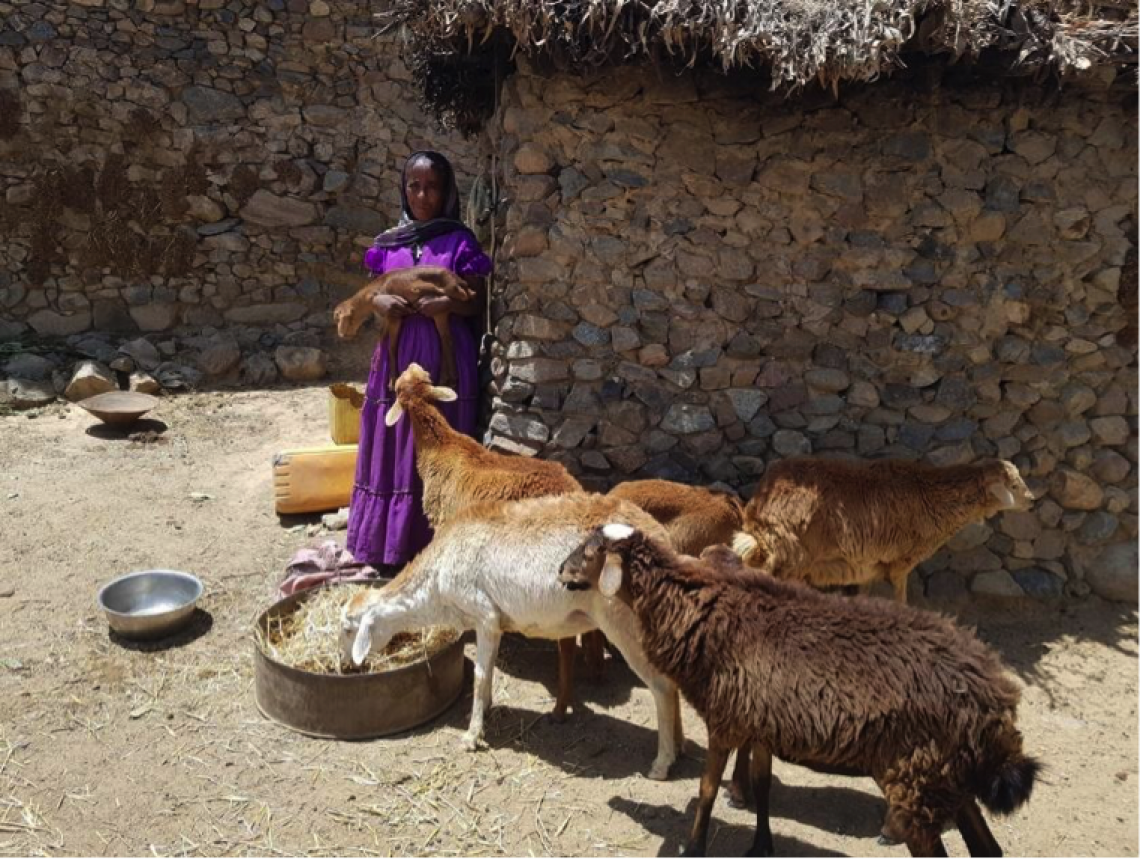
Sheep are an important source of livelihood for rural people in Tigray. Their ability to quickly multiply, their resilience and that they are easily convertible to cash to meet financial needs of the rural producers makes them preferable for livelihood intervention to advance on beneficiary households economy.
Managing honeybees as a means to boost household income
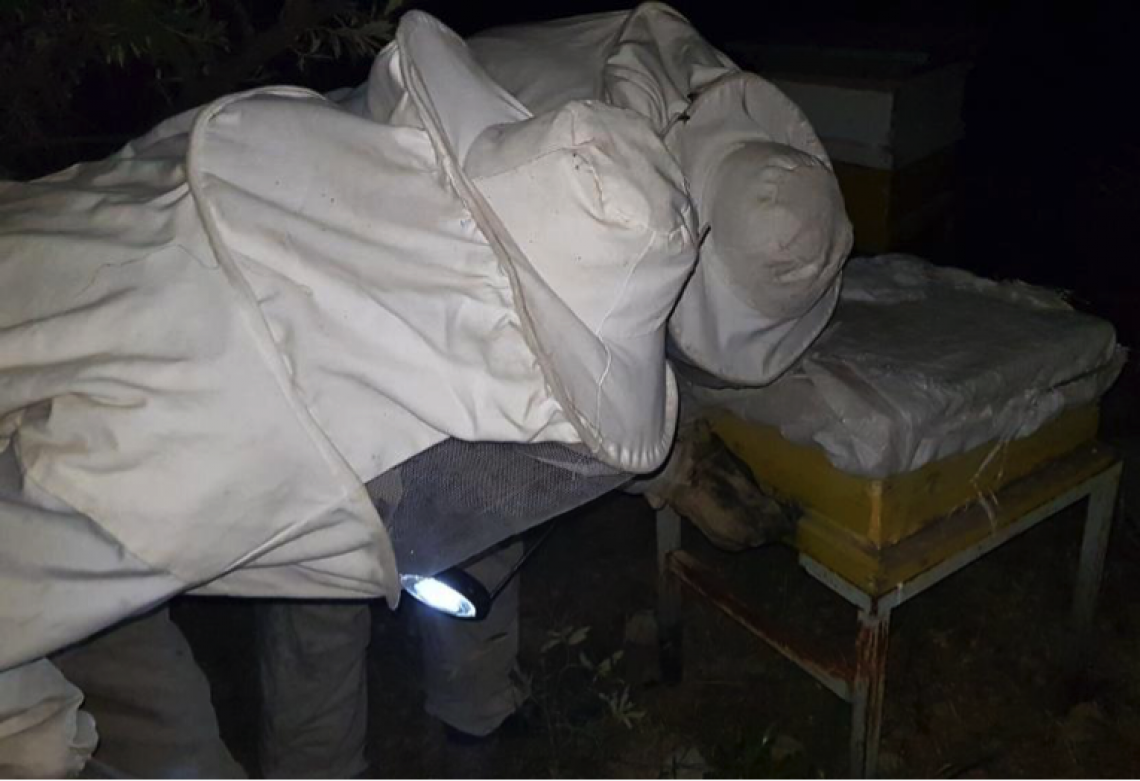
People already living in poverty are facing even more difficulties as the forests that they rely on for their survival are being destroyed.
A dragon of a tree
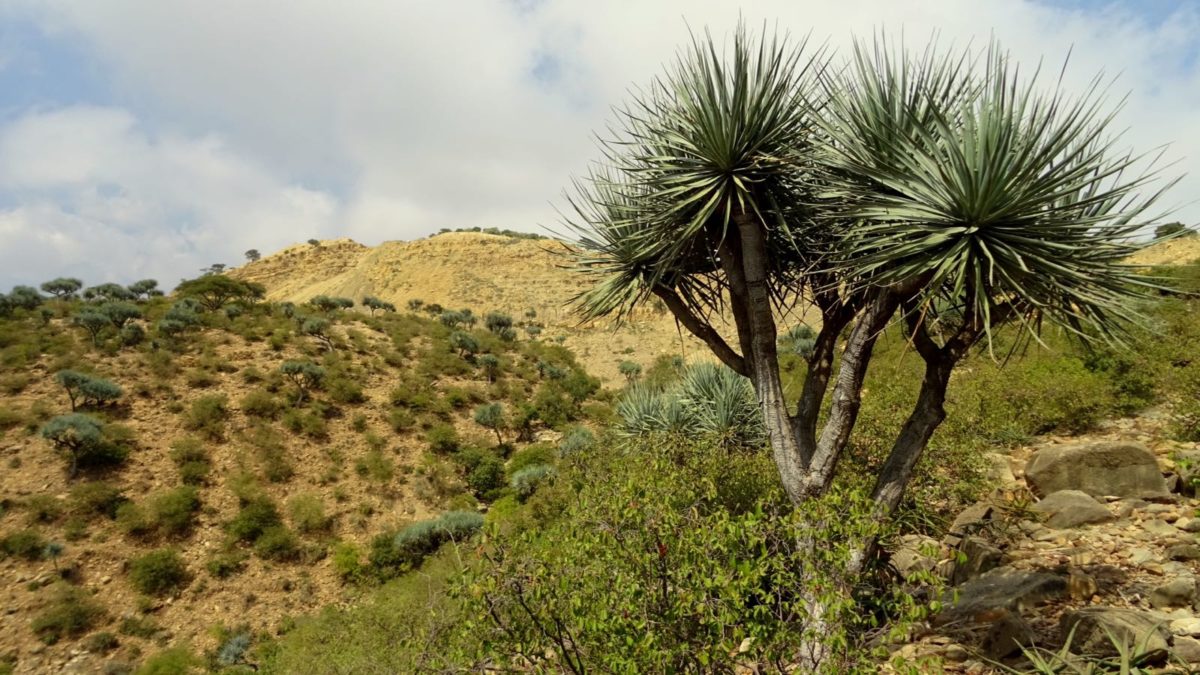
Desa’a forest located in the West Rift Valley of Northern Ethiopia is a habitat for several ecological, social and economical important plant species.
We stop the flood: no more runoff and threat to our farmlands
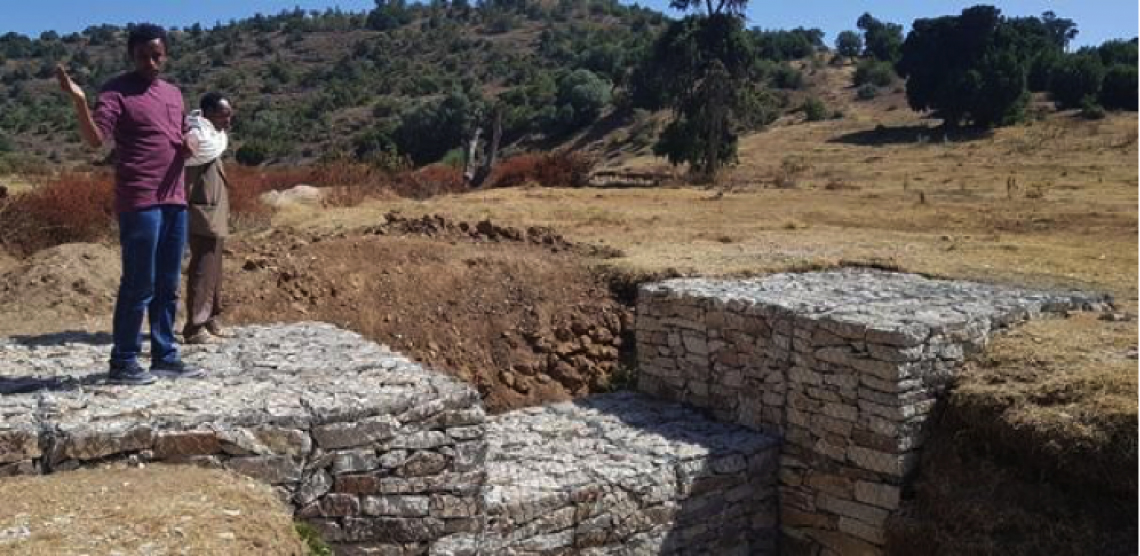
Environmental degradation has played a big role in most of Northern Ethiopia. Also the area of Tigray has long been a victim of land degradation, driven by overexploitation of land resources and unsustainable agricultural practices. Free grazing, illegal forest cut and frequent drought let the land exposed to damaging water runoff and loss of most of the important topsoils and its nutrients.
Ecosystem services payment opportunities to harness village development programs in Desa’a
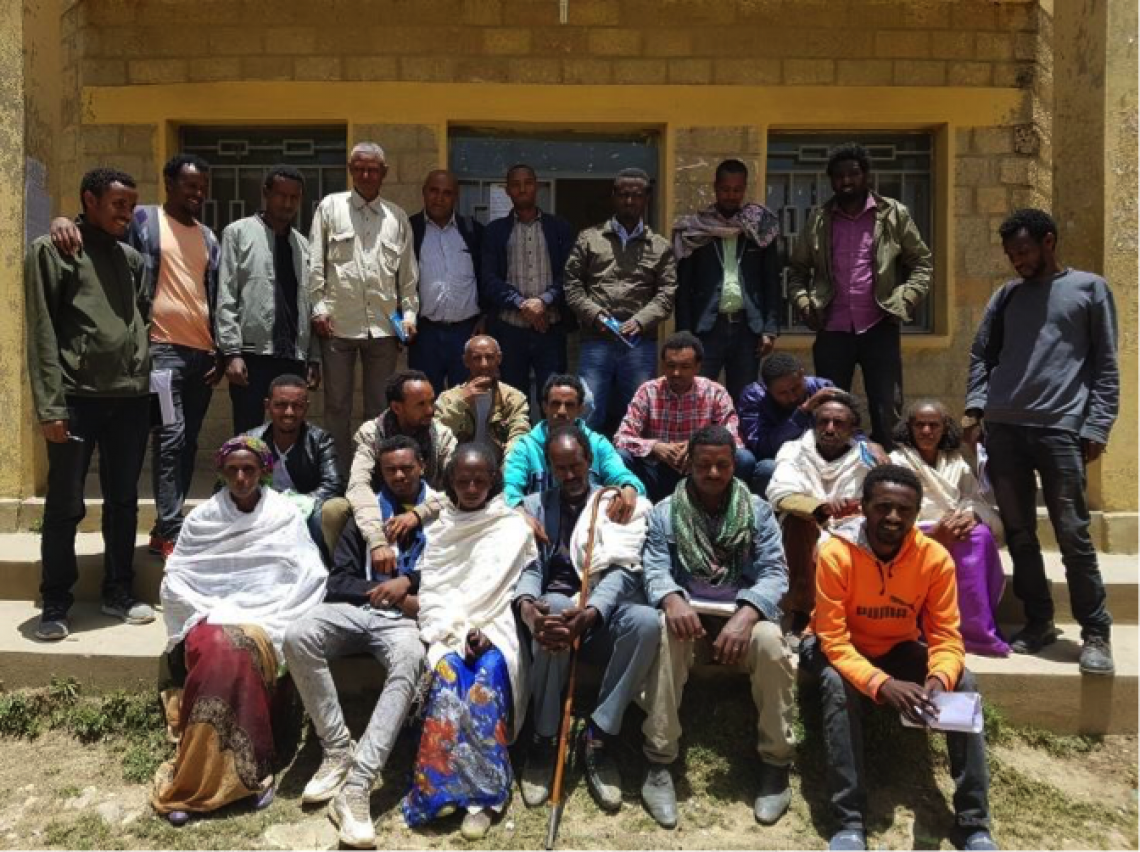
WeForest held a one day stakeholders consultation workshop in Atsbi wonberta district on April 25, 2019 on possible ecosystem services payments opportunities like carbon marketing.
The rains have arrived in Ethiopia
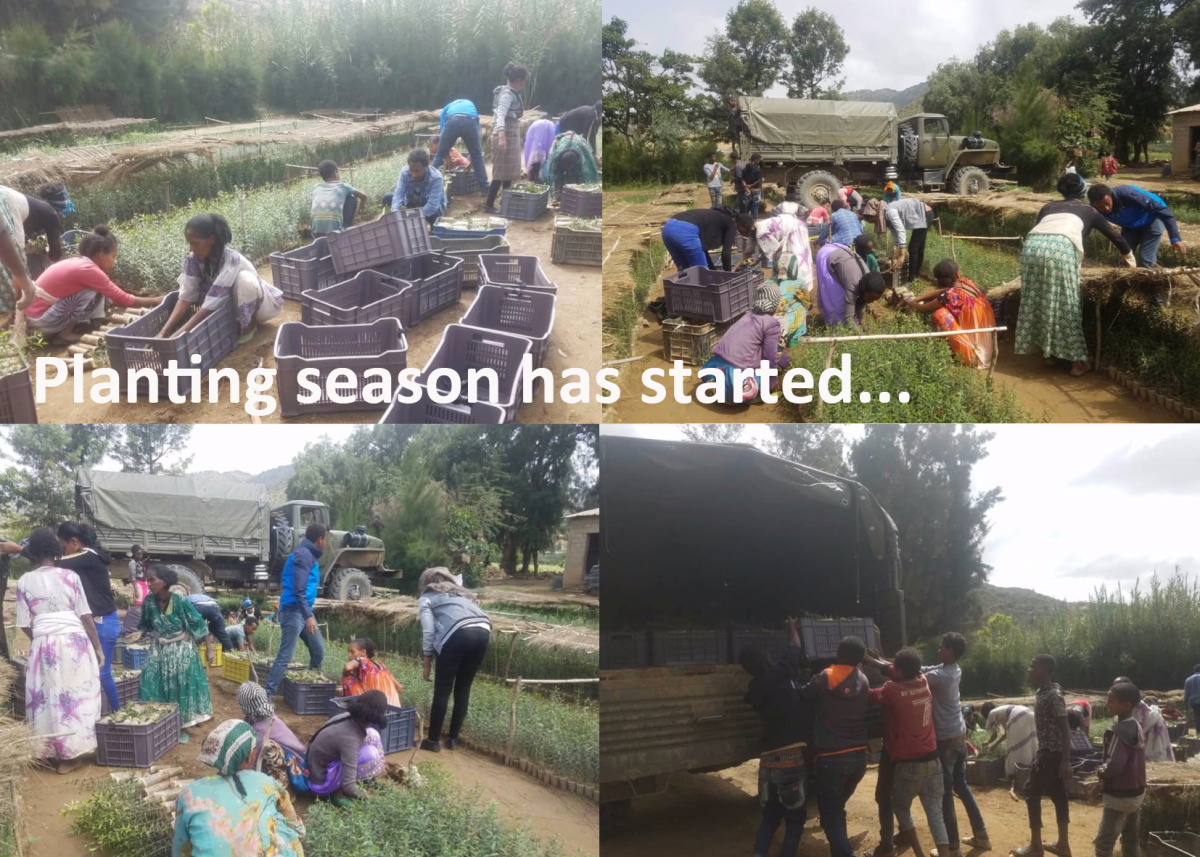
July 2018: the planting can start in the north of Ethiopia.
How to better prevent beetle damage in Ethiopian frankincense woodlands
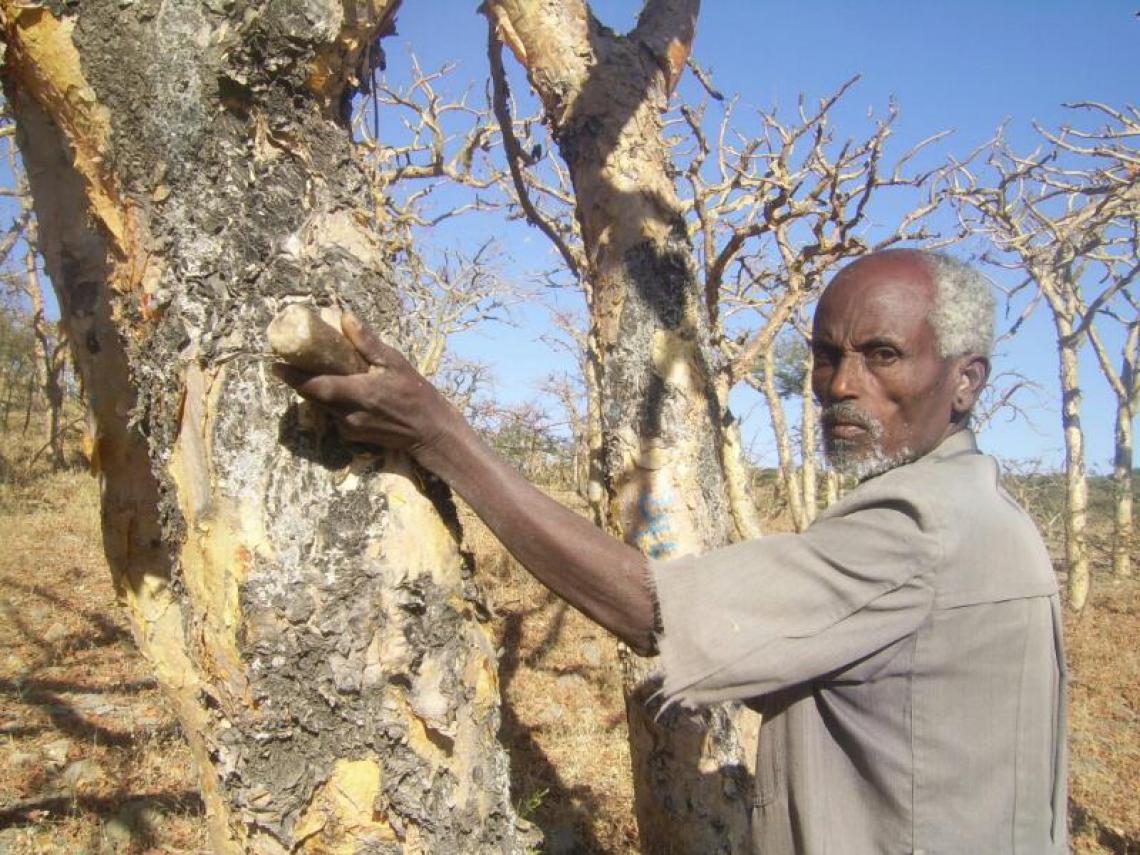
A species of wood-boring longhorn beetle is attacking Ethiopia’s frankincense woodlands. These woodlands are vital for Ethiopia’s economy. WeForest’s project manager is proposing solutions to this phenomenon.
An exploratory survey of long horn beetle damage on the dryland flagship tree species Boswellia papyrifera (Del.) Hochst

A study reveals and quantifies the damage of longhorne beetle on flagship dryland tree, Boswellia papyrifera (white frankincense yielding tree) . The research studied the lifecycle of the insect and identified it, which is a prerequesit for management. It shows the economic loss incurred because of the longhorn beetle damage.
“I have directly planted and cared for over 250 new trees last year”
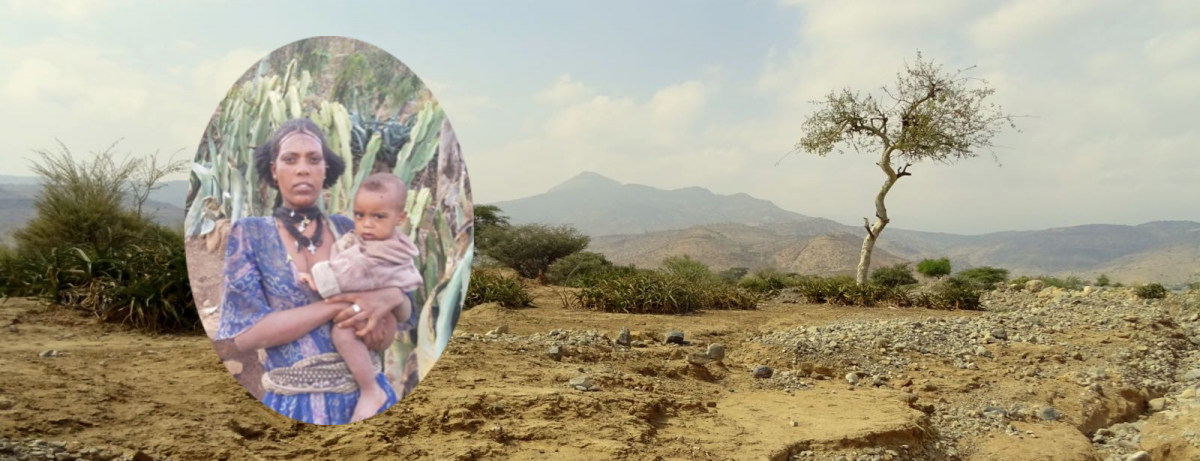
Weresech K. is 32 years old, she has 7 children and is one of the women directly benefiting from our work in the Seret village.
Creating jobs for local communities in forest restoration
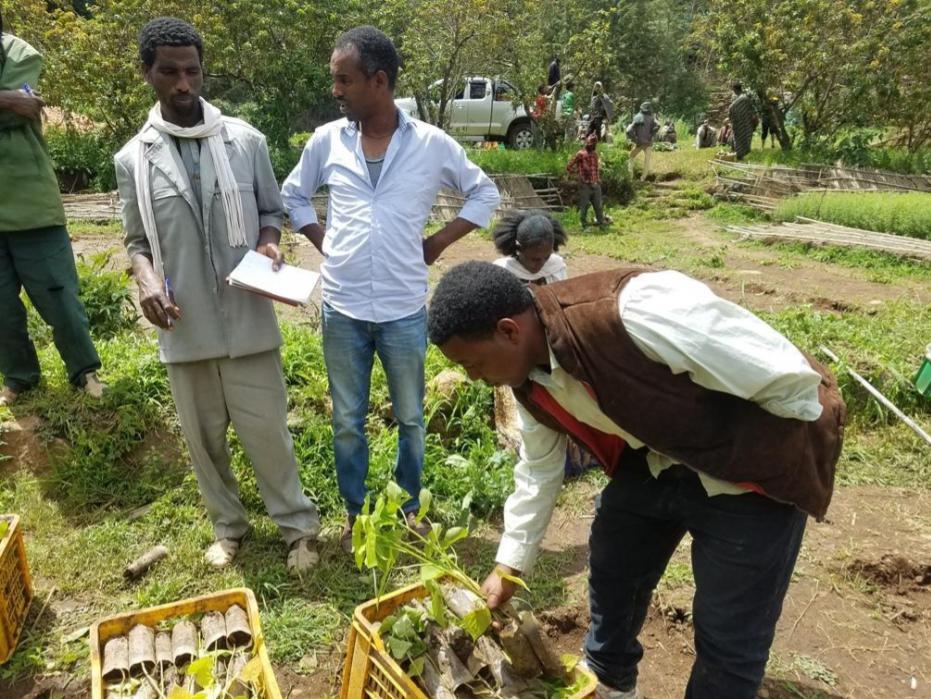
In Central Tigray in Ethiopia, WeForest collaborates with partners Mekelle University and Tigray Bureau of Agriculture and Rural Development to support local community in training and creating jobs.







